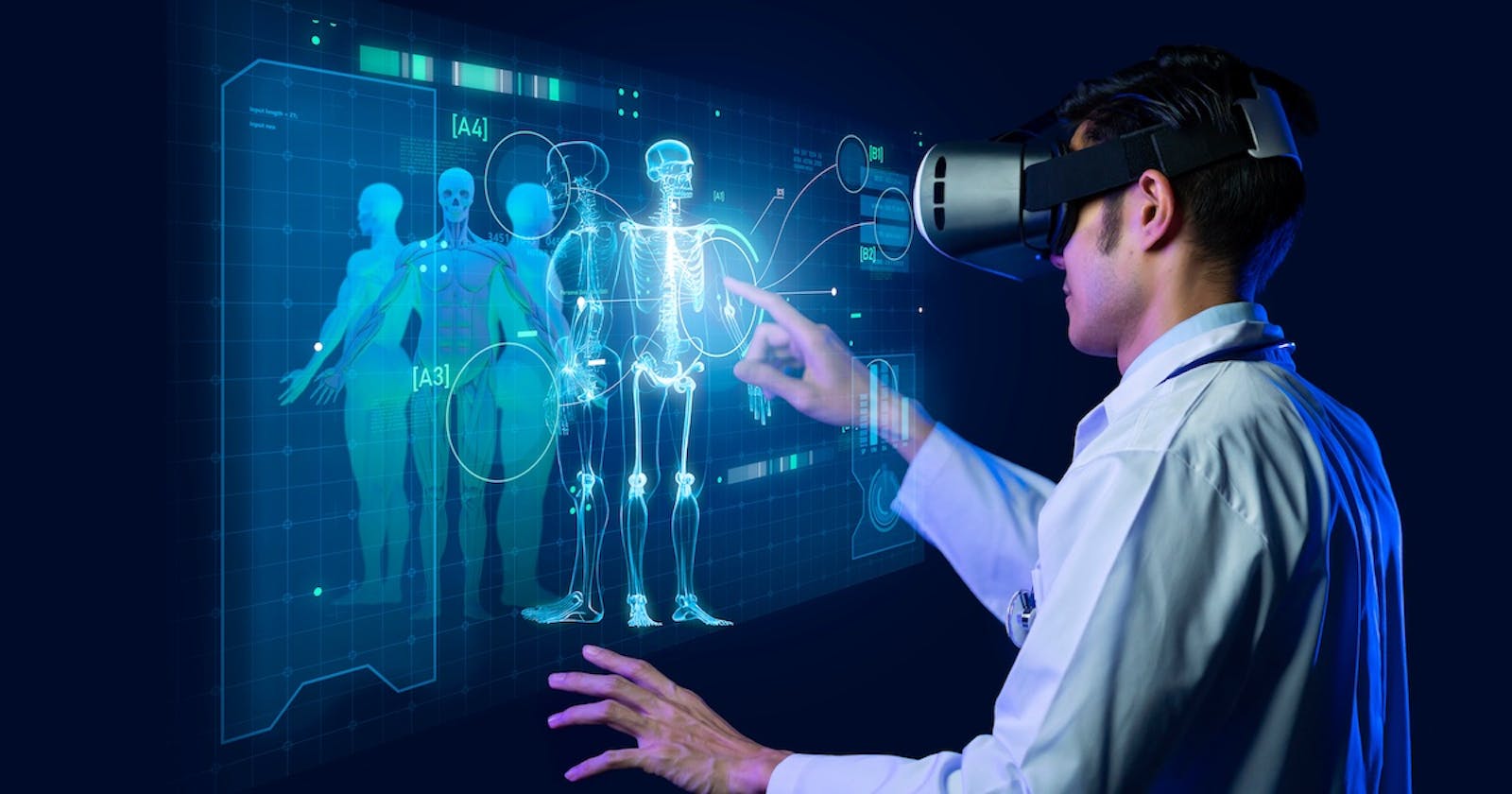Generative AI: The Future of Healthcare
How generative AI is revolutionizing healthcare with enhanced diagnostics, drug discovery, personalized medicine, and medical research.
Generative AI is a rapidly emerging field of artificial intelligence that has the potential to revolutionize healthcare. Generative AI models can create new data, such as medical images, drug molecules, and patient records. This data can be used to improve diagnostics, drug discovery, personalized medicine, and medical research.
Enhanced diagnostics
One of the most promising applications of generative AI in healthcare is in enhanced diagnostics. Generative AI models can be used to generate synthetic medical images that can be used to train and validate machine learning models for medical diagnostics. This can help to improve the accuracy and reliability of diagnostics, especially for rare diseases.
For example, researchers at the University of California, Berkeley have developed a generative AI model that can generate synthetic skin cancer images. This model was trained on a dataset of real skin cancer images and can generate images that are indistinguishable from real images. The model has been shown to be effective in training machine learning models for skin cancer detection, and it has the potential to improve the accuracy of skin cancer diagnosis.
Drug discovery
Generative AI can also be used to accelerate the drug discovery process. Generative AI models can be used to generate new molecular structures that have the potential to be developed into new drugs. This can help to bring new treatments to patients faster.
For example, researchers at Google AI have developed a generative AI model called AlphaFold. AlphaFold can predict the structure of proteins, which is essential for understanding how proteins function and how they interact with drugs. AlphaFold has been used to predict the structures of proteins that have never been seen before, and it has the potential to accelerate the drug discovery process.
Personalized medicine
Generative AI can also be used to personalize medicine. Generative AI models can be used to generate personalized treatment plans for patients based on their individual genetic and clinical data. This can help to improve the effectiveness of treatment and reduce the risk of side effects.
For example, researchers at the University of Pennsylvania have developed a generative AI model that can generate personalized treatment plans for patients with cancer. The model was trained on a dataset of patient data, and it can generate treatment plans that are tailored to each patient's individual cancer type, genetic profile, and clinical history. The model has been shown to be effective in improving the survival rates of cancer patients.
Medical research
Generative AI can also be used to accelerate medical research. Generative AI models can be used to generate synthetic data that can be used to simulate clinical trials and research new hypotheses. This can help to accelerate medical research and improve our understanding of complex diseases.
For example, researchers at the University of California, San Francisco have developed a generative AI model called SimBioSys. SimBioSys can generate synthetic data that can be used to simulate clinical trials for new cancer drugs. The model has been shown to be effective in predicting the results of clinical trials, and it has the potential to accelerate the development of new cancer drugs.
Challenges
While generative AI has the potential to revolutionize healthcare, there are also some challenges that need to be addressed before this technology can be widely adopted.
One challenge is data privacy. Generative AI models require large amounts of data to train, which raises concerns about data privacy and security. It is important to ensure that patient data is used responsibly and that it is protected from unauthorized access.
Another challenge is interpretability. It can be difficult to interpret the results of generative AI models, which can make it difficult to trust the results. It is important to develop methods for interpreting the results of generative AI models so that they can be used to make informed decisions about patient care.
Finally, generative AI models can be biased. This can lead to unfair or inaccurate results. It is important to develop methods for mitigating bias in generative AI models so that they can be used to provide fair and accurate care to all patients.
Conclusion
Generative AI is a powerful new technology with the potential to revolutionize healthcare. However, there are also some challenges that need to be addressed before this technology can be widely adopted. With careful development and deployment, generative AI can have a positive impact on the healthcare system and improve the lives of patients around the world.
